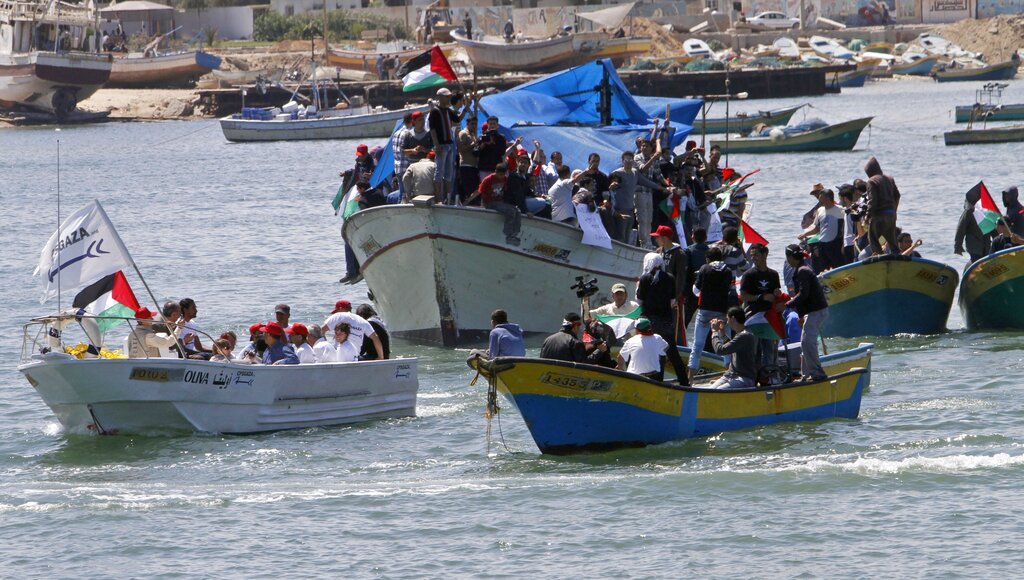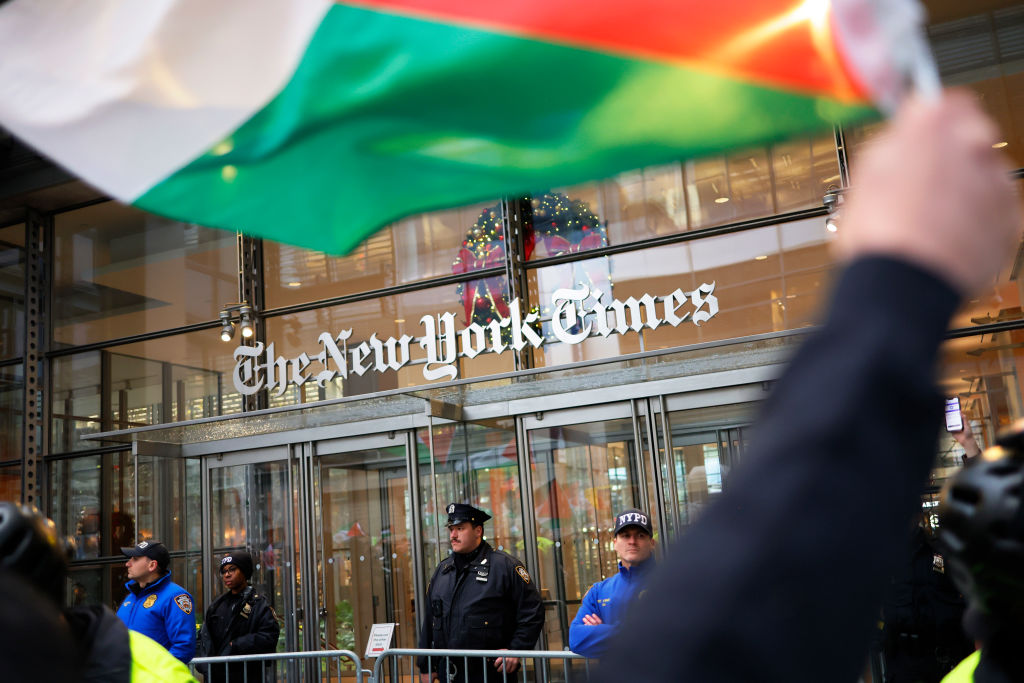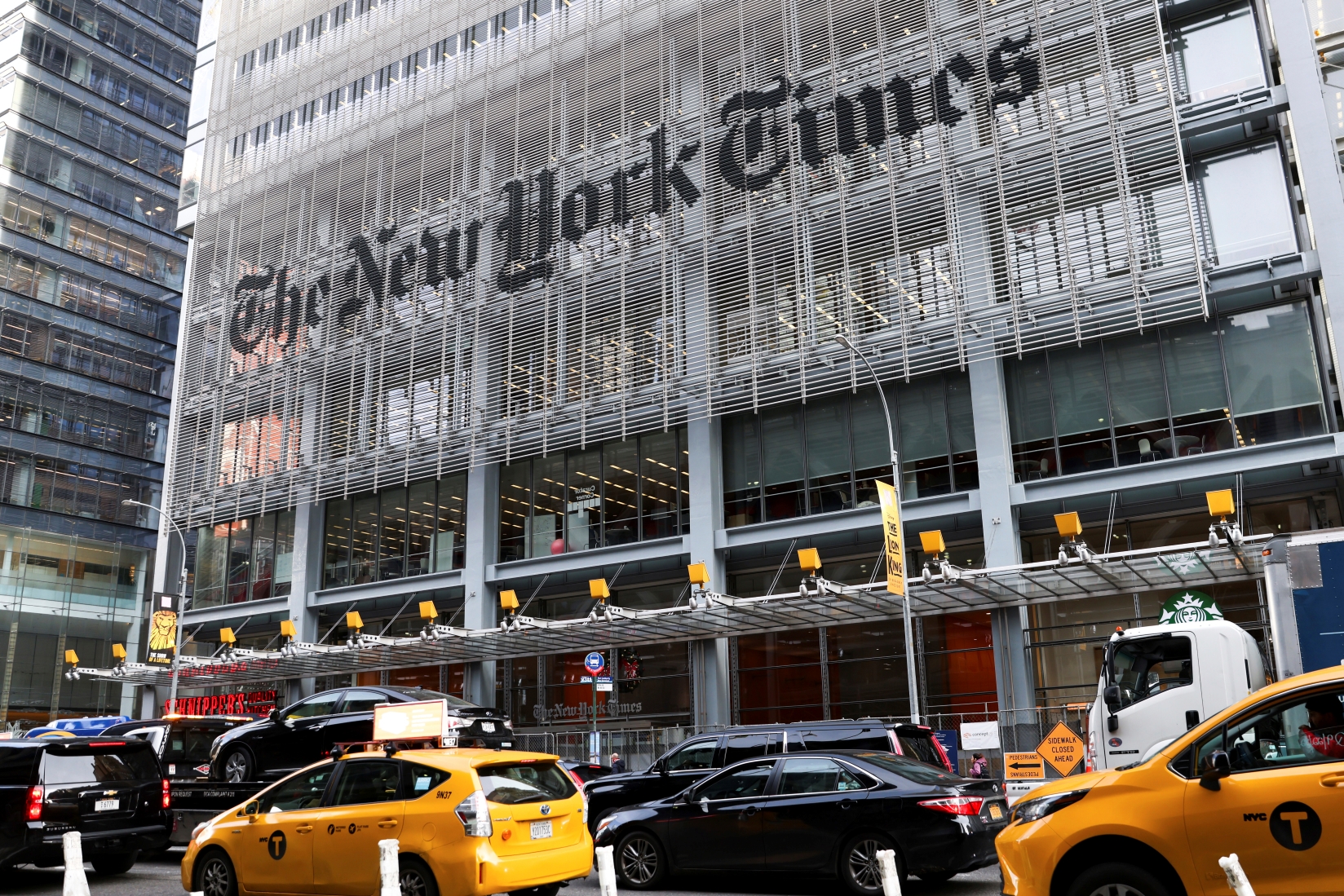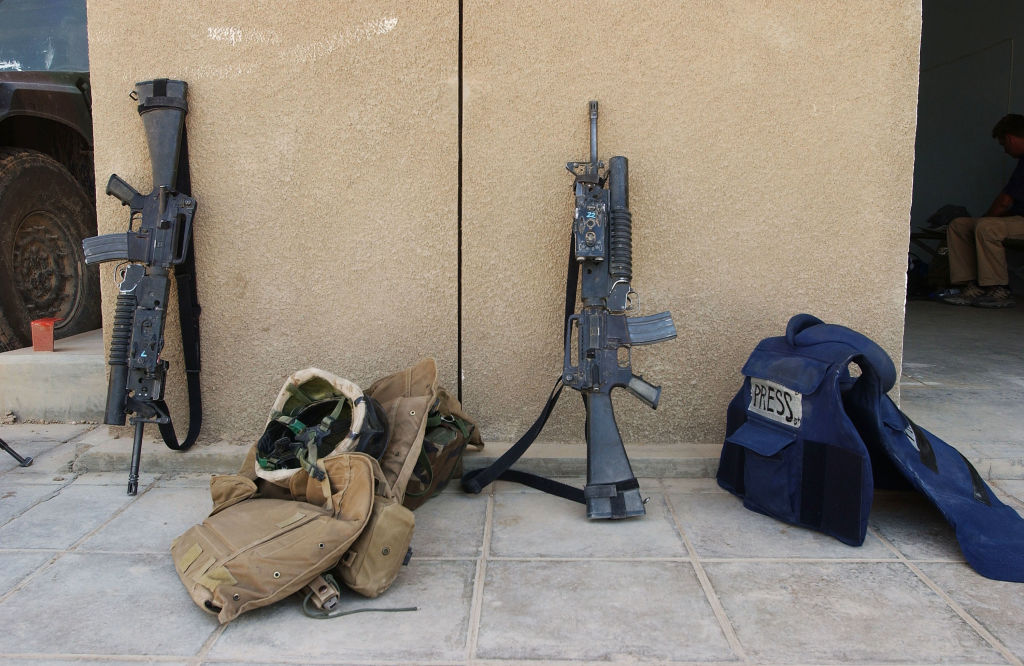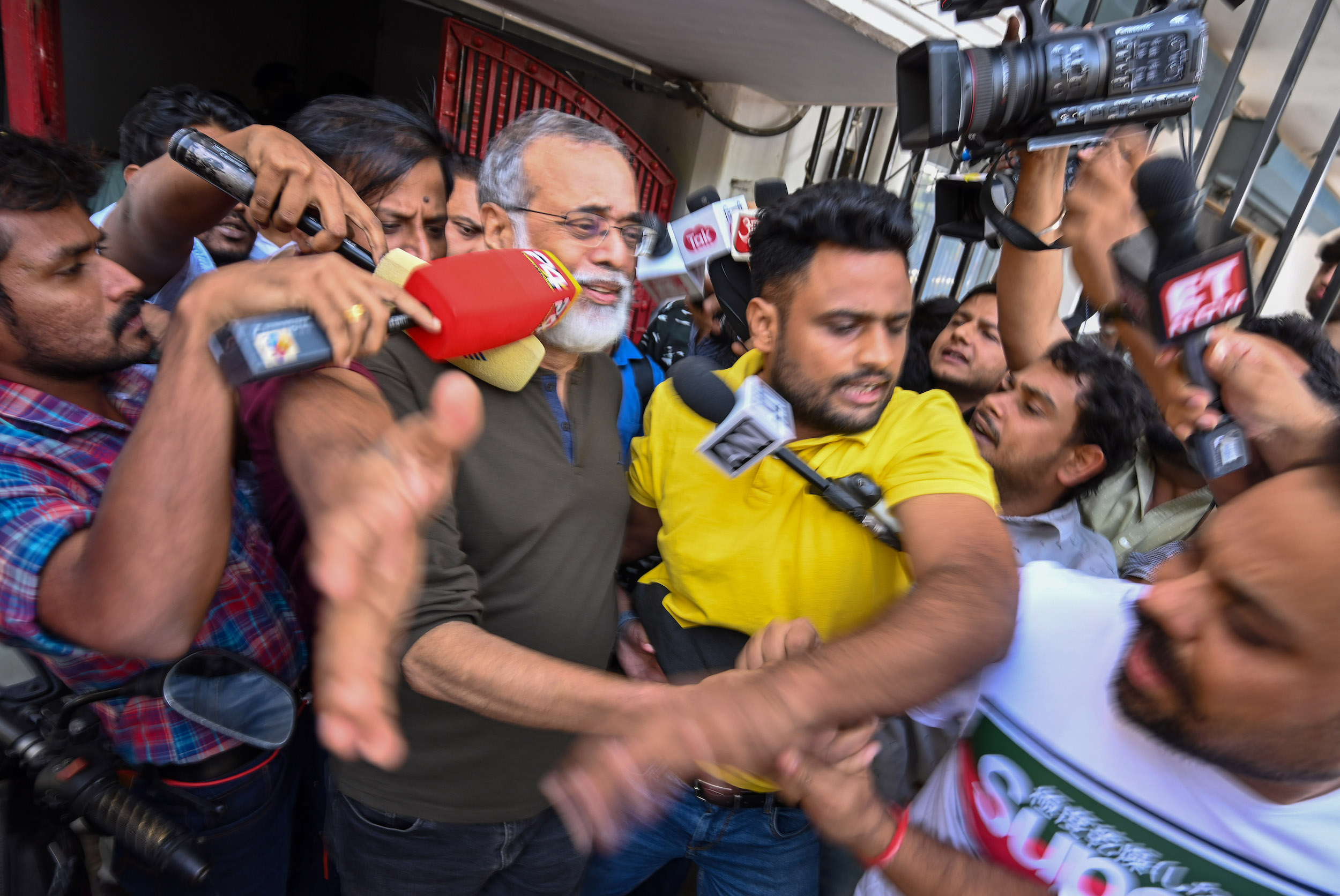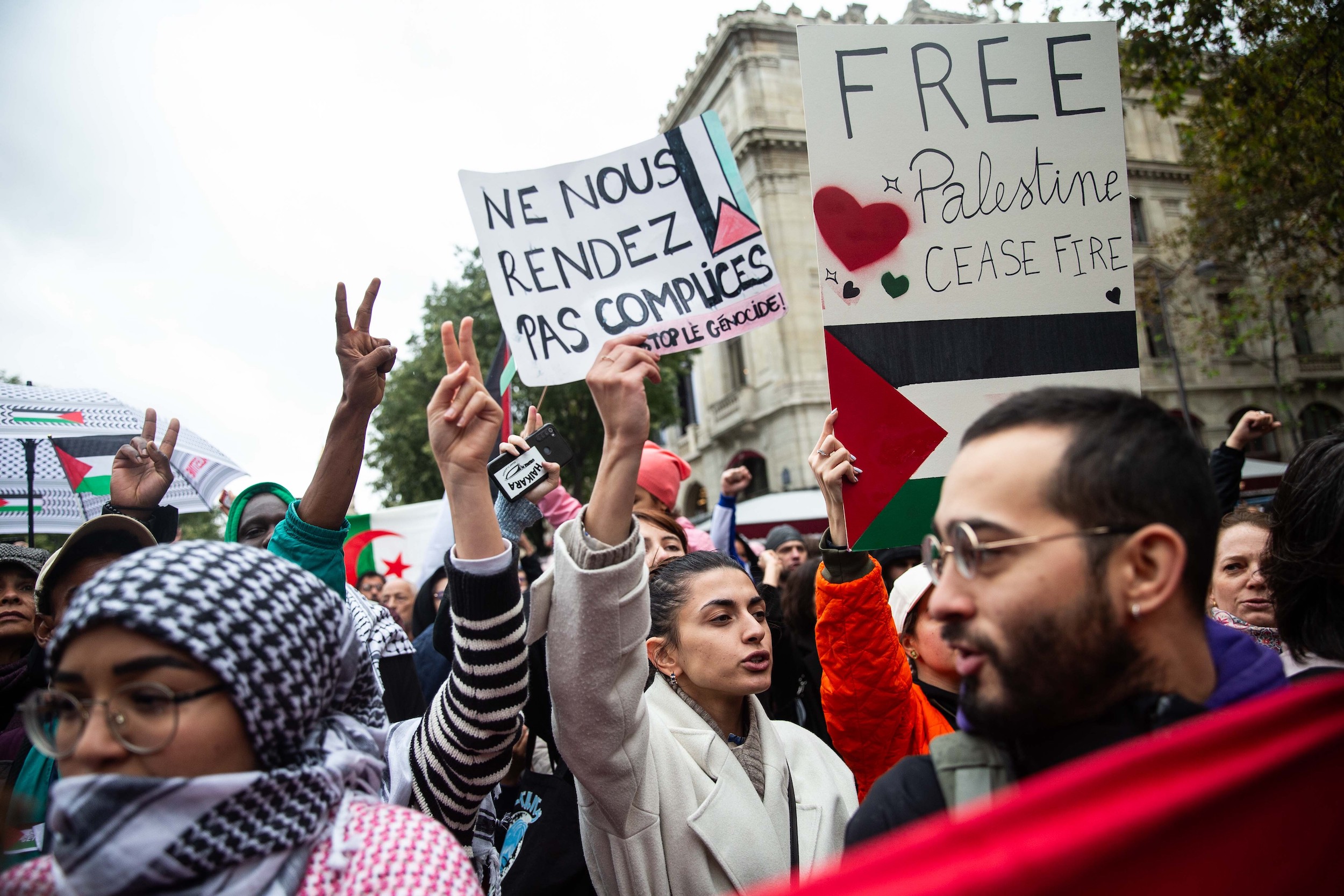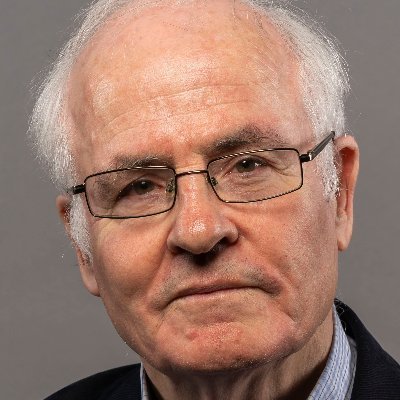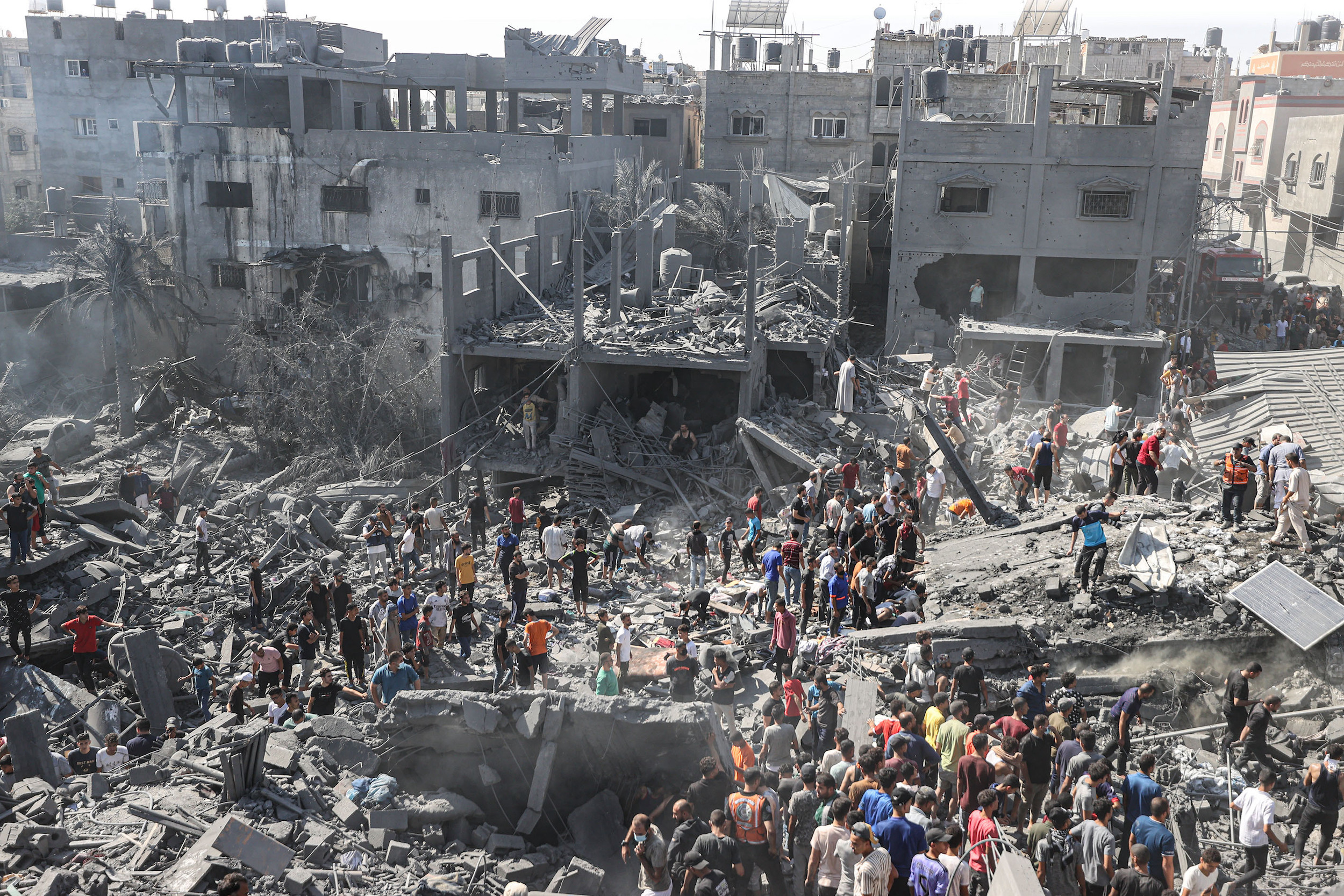أثبت وباء "كوفيد 19" للمستثمرين في الوسائل الإعلامية أن بمقدورهم توفير مبالغ كبيرة من الميزانيات التشغيلية، والانتقال إلى آليات أكثر مرونة في الإنتاج، بدل النماذج التقليدية التي شهدها قطاع الأعمال في الإعلام عمومًا خلال العقود الماضية.
غير أنّ الاقتطاع من ميزانيات وسائل الإعلام وتقليص الإنفاق، خطوات إضافية تتبع التحول الواقع أصلا والسابق لوباء "كوفيد 19"، نتيجة دخول الذكاء الصناعي في مجال العمل الصحفي وصعود شبكات التواصل الاجتماعي.
وهكذا، فإن القلق الناجم عن عمليات الصرف وتخفيض الرواتب في المؤسسات الإعلامية في العالم بأسره، لا يرتبط فقط بالوباء بقدر ما هو نتيجة حتمية ساهم فيروس "كورونا" المستجد في تسريع تفاعلاتها.
وقبل الخوض في خيارات الصحفيين على ضوء التطورات الراهنة في المهنة، فإن تحديد النموذج الاقتصادي الأفضل لأي مشروع إعلامي بات أولوية تنافس المصلحة السياسية.
فقد كشفت الأزمة العالمية ضعف خيار الرهان على الإعلانات وحدها، وضرورة إشراك الجمهور مباشرة في تمويل المحتوى الذي يرغب في الحصول عليه.
تتحدث مجلة "برس غازيت" البريطانية العريقة والمختصة في شؤون الصحافة، عن 6 نماذج أعمال محتملة لتمويل المشاريع الإعلامية في العصر الحديث:
-
المواقع والتطبيقات الممولة بواسطة الإعلانات.
-
المواقع والتطبيقات الممولة بواسطة اشتراكات خاصة.
-
نموذج اشتراكات يعتمد على مفهوم "الباقة"، كما هو الحال في خدمة "سبوتيفي" الموسيقية.
-
المساهمات المالية للقرّاء.
-
التبرعات المالية الصغيرة.
-
تمويل الحكومات.
المشترك في هذه النماذج الستة هو التحول في الوصف الوظيفي للأدوار المطلوبة لتأدية مهام النسخة المعاصرة من الصحافة. دعونا نطلق على هذه النسخة مصطلح "صحافة 2.0"!
الحديث عن تأدية الأدوار يقودنا إلى تحديد المهارات اللازمة للصحفي في المستقبل القريب، مع الإشارة إلى أن الحاجة إلى شمولية المهارة والكفاءة لا تلغي التخصص في المهنة، كما أظهر "كوفيد 19" في قضية الحاجة إلى الصحفيين العلميين على سبيل المثال.
وهنا لا بدّ من التطرق إلى الاتجاهات التي تحكم سلوك الصحفيين وتفاعلهم مع التحول في المهنة، قبل الخوض في الخيارات المتاحة أمامهم والمهارات اللازمة لاستمرارهم.
يمكن الحديث عن اتجاهين رئيسيين يحكمان الواقع المهني والمعيشي للصحفيين في الأزمة العالمية:
-
الاستسلام والانتظار:
يفضّل البعض الركون إلى الأمان الوظيفي طوال مسيرتهم المهنية، مع أن الإعلام قطاع متحرك وغير مستقر في طبيعته لأسباب عديدة. ولكن الوظيفة غالبًا ما تترافق مع ضريبة أحادية التطور في اتجاه محدد، أو غياب التطور بالكامل نتيجة الغرق في الروتين الوظيفي. ولعلّ العاملين في غرف الأخبار أشدّ النماذج الصحفية تعبيرا عن هذا الواقع، إذ إن الانغماس في الدفق الإخباري اليومي يقلل من قدرات الدماغ على التحليل ويزيد من الضغوط النفسية. ومع تحول الصحة النفسية والعقلية إلى أولوية لدى البشر نتيجة تأثيرات "كوفيد 19" الاجتماعية، فإن الضغط يبدو مضاعفا على الصحفيين الذين اختاروا الأمان الوظيفي منذ البداية، حيث يميل هؤلاء إلى الترقب والحذر في أزمات مماثلة دون القدرة على اجتراح الكثير من الحلول سوى تكرار البحث عن وظيفة تضمن أمانا أعلى نظريًّا. -
السعي والابتكار:
كبقية قطاعات الأعمال، يختار بعض الصحفيين الريادة أو العمل الحر لأنه يتيح لهم المزيد من التحرر من قيود الوظيفة، والقدرة على التطور دائما بسبب سعيهم المستمر لتأمين لقمة العيش. وعادة ما تكون ضريبة هذا الخيار قلقا في السنوات الأولى من المسيرة المهنية، قبل أن يصير الأمر عادةً، خاصة لمن ينجحون بسرعة في توسيع شبكة علاقاتهم وتقديم أنفسهم بشكل مهني صحيح.
ولكن الأزمة عالمية، والمؤسسات الإعلامية تلجأ إلى ترشيد الإنفاق في كافة أعمالها. وفي مثل هذا الظرف، يصبح الصحفيون المستقلون على رأس قائمة ضحايا الأزمة.
في الآونة الأخيرة، شهدنا صعودًا سريعا للصحافة العلمية التي كانت مغيَّبة عن مجتمعاتنا العربية. والتخصص في الصحافة بات عنوانا للتميز والفرادة، في ظل طغيان موجة "الصحفي المواطن" التي أفقدت الصحفيين التقليديين بريقهم.
على هذا النحو، ما هي الاختصاصات والمهارات التي يمكن للصحفيين والإعلاميين دراستها واكتسابها لتفادي الأزمات التي تعصف بالإعلام والصحافة؟
البرمجة
حتى أعوام قليلة مضت، كان إتقان الصحفي للغة "إتش تي أم أل" (HTML) أو "جافا" (Java) بمثابة إضافة نوعية إلى سيرته المهنية، مع اتجاه المطبوعات ووسائل الإعلام المرئية والمسموعة على حد سواء نحو الاعتماد على منصات إلكترونية لنشر محتواهم.
لكن هاتين اللغتين باتتا خارج نطاق الطلب مع انتشار لغة "بايثون" التي تتفوق في مرونتها وسهولتها وقدرتها على محاكاة كافة المهن، وفي مقدمها الصحافة.
تعلّم "بايثون" أمرٌ متاح حتى دون دفع أي مبلغ مالي، مع توافر دروس مجانية ومقاطع وافية على "يوتيوب" وغيرها من الشبكات. وإتقان هذه اللغة البرمجية سيفتح آفاقا لأي صحفي، نظرا لكونها تقدم حلولا فورية لكافة النشاطات عبر الإنترنت.
أحد العوامل الهامة المشجّعة على تعلم هذه اللغة هو قدرة أي متعلم على البدء بتطبيقها والاستفادة منها في وقت قصير نسبيا قد لا يتعدى الشهر في حال التفرغ لها.
من تحليل البيانات وربطها إلى تقديمها ضمن قوالب مرئية وتسهيل شرح المعلومات، توفّر لغة "بايثون" مجموعة واسعة من العمليات والاستخدامات التي من شأنها إغناء أي صحفي. وفي تجارب صحفية رائدة عالميا، تم استخدام هذه اللغة في كشف قصص الفساد العابرة للحدود، وفي ملاحقة العمليات المالية داخل الدول كما في تحديد بيانات جغرافية في بقع الصراعات الساخنة.
الاختصاصات الأكاديمية المساندة
يمكن اعتبار أي علم يعزز ثقافة الصحفي بمثابة اختصاص جيد يمكن سلوكه، ولكن العلوم التي ترفد المحتوى الصحفي تتيح تميزًا وفرصا إضافية في الوقت ذاته.
على سبيل المثال، يعزز علم النفس ملكة التحليل وفهم خلفيات الأشخاص وتوقع سلوكهم. ودراسة التاريخ تعزز الثقافة العامة لدى الصحفي وتساعده في فهم سياقات الأحداث، بينما تضيف إدارة الأعمال ملكة التخطيط والتنظيم لدى المتعلم.
علوم الحاسوب وعلوم البيانات تأتي أيضا في طليعة الاقتراحات بالنسبة للصحفيين، خاصة أنّ العمل الصحفي بات يرتبط بهذين المجالين بشكل جذري.
جميع هذه الاختصاصات تتيح -فضلا عن الاستثمار في الصحافة نفسها- إيجاد فرص موازية للعمل في أوقات الأزمات.
وبالإضافة إلى تعزيز أنماط التفكير، فإنّ اكتساب الاختصاصات الأكاديمية يعزز أفق التخصص في الصحافة نفسها، من الصحافة العلمية إلى الصحافة البيئية، إلى صحافة السفر والترحال وصحافة الطاقة والصحافة التكنولوجية، وغيرها من العناوين.
النشاطات الحرة
يزخر الإنترنت بالمقالات ومقاطع الفيديو التي تتحدث عن الأعمال التي يمكن جني المال منها، من التداول في العملات إلى الاستثمار في العملات الرقمية فتأليف الكتب الإلكترونية وإعطاء الدروس عن بُعد. خيارات كثيرة أمام الصحفي، وإن كانت لا ترقى في معظمها إلى مستوى طموحاته المالية السريعة، ولكنها قد تشكّل حلا معقولا، خاصة للذين يبحثون عن سند مالي إضافي، لا أساسي.
من نافلة القول أنّ المشترك بين جميع الخيارات أعلاه هو اكتساب المعرفة أولا، وتعزيز المحتوى لدى الصحفي نفسه. ومهما كان خياركم، فإن التعلم والرغبة في التطوير الذاتي وعدم الرضوخ للظروف، هو السر الرئيسي للنجاح والصمود في مواجهة الأزمات.























![A demonstration against Israel's war on Gaza on Paulista Avenue in São Paulo on November 4, 2023, draws attention to the deaths of children while the media focuses on the war against terrorists. [Photo: Lina Bakr]](/sites/default/files/ajr/2024/Picture1.png)

